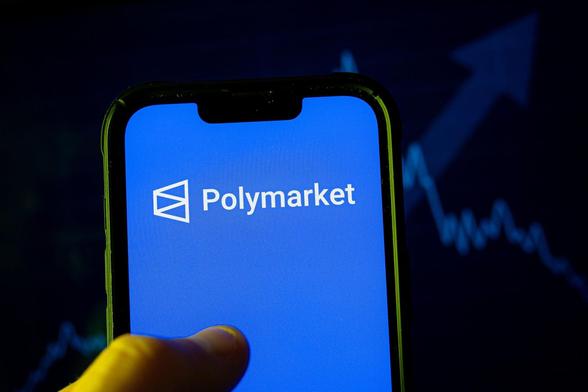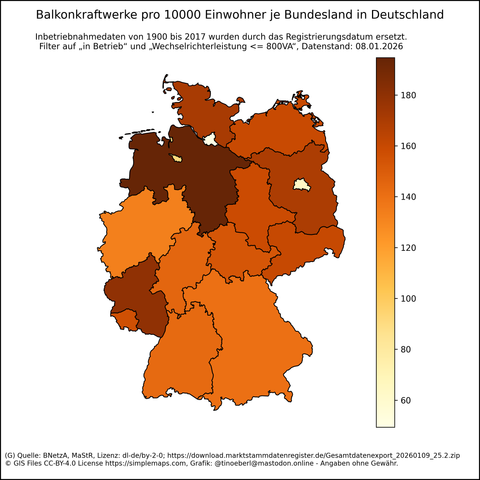2026-02-12 12:46:00
A profile of Applied Intuition, which makes self-driving simulation software and reported $800M in 2025 revenue and 80% gross margins, as it expands beyond cars (Iain Martin/Forbes)
https://www.forbes.com/sites/iainmartin/20…
2026-02-10 18:45:39
@… thanks, can you remember how you learnt of FlashBlade using FreeBSD?
I can't see an obvious link between <https://freebsdfoundation.org/freebsd/> a…
2026-02-10 23:55:59
Polymarket partners with Singapore-based Kaito AI to launch "attention markets", letting users bet on "mindshare" and "sentiment" metrics from social media (Alicia Park/Forbes)
https://www.forbes.com/sites/aliciapark/20
2025-11-12 06:05:25
»Firefox mit erweitertem Fingerprinting-Schutz:
Der Open-Source-Browser verfügt in der aktuellen Version 145 über neue Mechanismen zum Schutz vor Fingerprinting. Die neuen Massnahmen sollen das Tracking um 65 Prozent reduzieren.«
Dies ist sehr zu begrüßen und deren Klones wie der @… und @…
2026-02-10 18:02:27
Forest Service Took Years to Address PFAS in Wildland Firefighter Gear — ProPublica
https://www.propublica.org/article/forest-service-forever-chemical-firefighter-pfas
2026-01-11 17:55:35
The U.S.-Born Unemployment Rate Rose After Trump Reduced Immigration (Stuart Anderson/Forbes)
https://www.forbes.com/sites/stuartanderson/2026/01/11/the-us-born-unemployment-rate-rose-after-trump-reduced-immigration/
http://www.memeorandum.com/260111/p36#a260111p36
2025-12-11 08:57:40
2026-01-11 19:20:01
Deutschlandkarte mit der Anzahl der #Balkonkraftwerke je Bundesland pro 10000 Einwohner in #Deutschland mit Stand vom 08.01.2026 in einer Farbskala-Darstellung.
👉 Zusatzlesestoff: #Steckersolaranlage
2026-02-11 04:26:45
NYC-based Garner Health, a platform using data analytics to help workers find healthcare providers, raised a $118M Series D at a $1.35B valuation (Amy Feldman/Forbes)
https://www.forbes.com/sites/amyfeldman/20
2025-12-11 16:15:56
Olivia Nuzzi's 'Canto' Sells Just 1,200 Print Copies In First Week (Mary Whitfill Roeloffs/Forbes)
https://www.forbes.com/sites/maryroeloffs/2025/12/11/olivia-nuzzis-canto-sells-just-1200-print-copies-in-first-week/
http://www.memeorandum.com/251211/p41#a251211p41




